France to 'make sure Russia never wins Ukraine war': Macron
French President Emmanuel Macron says his nation is prepared to make sure that Russia does not emerge victorious in the conflict in Ukraine, noting that sending troops to Ukraine was "possible."
"If the situation should deteriorate, we would be ready to make sure that Russia never wins that war," Macron said on French TV on Thursday, warning that anybody advocating "limits" on aid to Ukraine "chooses defeat".
While claiming that European security was at risk amid the Ukrainian conflict, Macron cautioned allies against imposing any restrictions on the support provided for Kiev.
Reacting to the French opposition leaders' condemnation of his recent comments as bellicose, Macron said "if Russia wins this war, Europe's credibility will be reduced to zero", and would mean that "we have no security."
Criticizing the opposition leaders, he said that he "deeply" disagreed with them, and called them the reason behind Ukraine’s defeat on the ground.
"Today, deciding to abstain or vote against support to Ukraine, it's not choosing peace, it's choosing defeat. It's different," he said.
Macron's main rival party, led by Marine Le Pen, chose to abstain from voting in parliament this week on the security pact between France and Ukraine, whereas the France Unbowed party on the far left voted against it.
"If war spread in Europe, Russia would be to blame," Macron said. "But if we decided to be weak; if we decided today that we would not respond, it would be choosing defeat already. And I don't want that."
Calling the conflict in Ukraine "existential for our Europe and for France", Macron said anybody advocating "limits" on aid to Ukraine "chooses defeat."
Macron said Ukraine was facing a challenging situation on the ground and stressed the imperative need for increased assistance from its allies.
"Peace does not mean the capitulation of Ukraine," he said. "Wanting peace does not mean defeat. Wanting peace does not mean dropping Ukraine," Macron was quoted as saying.
When asked about the prospect of sending Western troops to Ukraine, he replied, "We're not in that situation today," he said, but added that "all these options are possible."
Last month, Macron publicly refused to rule out sending ground troops to Ukraine, which prompted pushback from other European leaders, especially from German Chancellor Olaf Scholz over differences on how to support Ukraine.
On Friday, Scholz was set to receive Macron in Berlin, after tensions between them erupted, regarding urgent consultations on further European military backing for Kyiv.
The meeting will also be attended by Polish Prime Minister Donald Tusk, who said that it falls to Paris, Berlin and Warsaw "to mobilize all of Europe" to provide Ukraine with fresh aid.
Friday's meeting is of "great importance" for allies to "organize as much support as possible for Ukraine", said Scholz, who spoke Thursday with Ukraine's president Volodymyr Zelensky by phone and underlined Germany's "unbroken solidarity" with Kyiv.
Russia launched what it calls "a special military operation" in Ukraine on February 24, 2022, over the perceived threat of the ex-Soviet republic joining NATO. Since then, the United States and Ukraine's other allies have sent Kiev tens of billions of dollars' worth of weapons, including rocket systems, drones, armored vehicles, tanks, and communication systems.
Western countries have also imposed a slew of economic sanctions on Moscow. The Kremlin has said the sanctions and the Western military assistance will only prolong the war.
Iran’s daily gas use hits new high of 874 mcm
Jewish group urges London police to reverse ban on pro-Palestine protest
Missile fired from Yemen triggers sirens in Israeli-occupied territories
Iran’s petchem exports to hit $13bn in year to March: NPC chief
Iran, E3 diplomats meet in Geneva to discuss removal of sanctions
VIDEO | Press TV's News Headlines
Israeli captives’ families scold Smotrich for opposing Gaza deal
ICJ judge Salam secures enough votes to become Lebanon’s prime minister


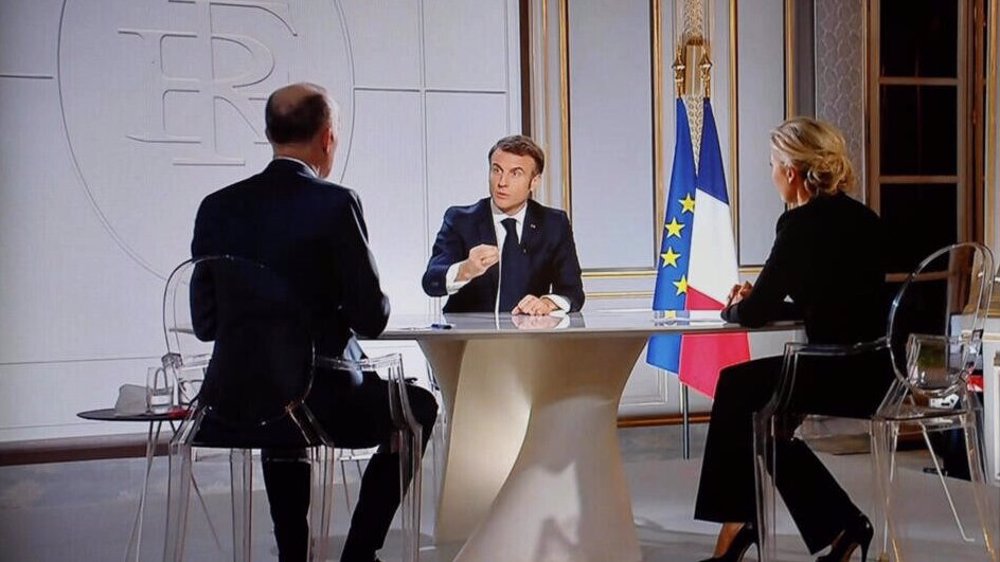
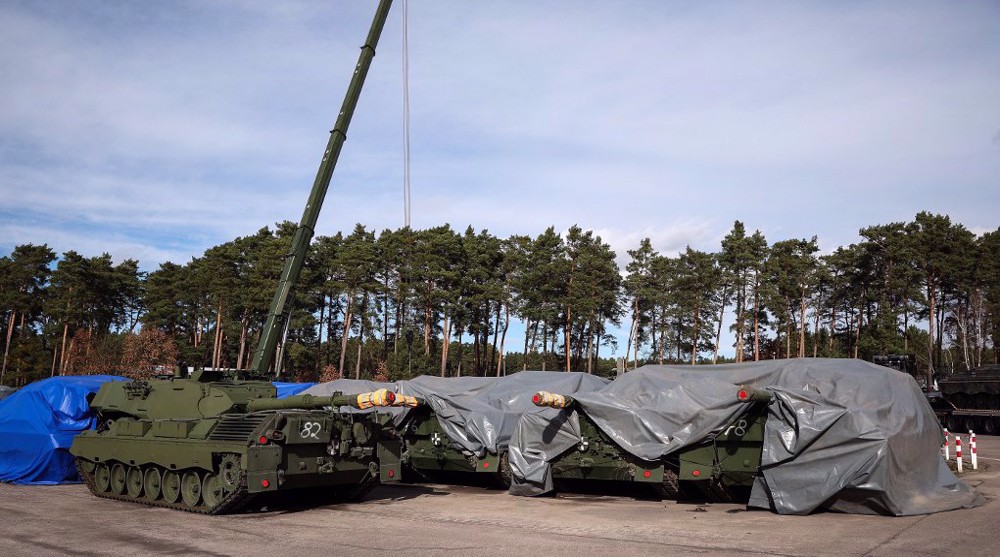
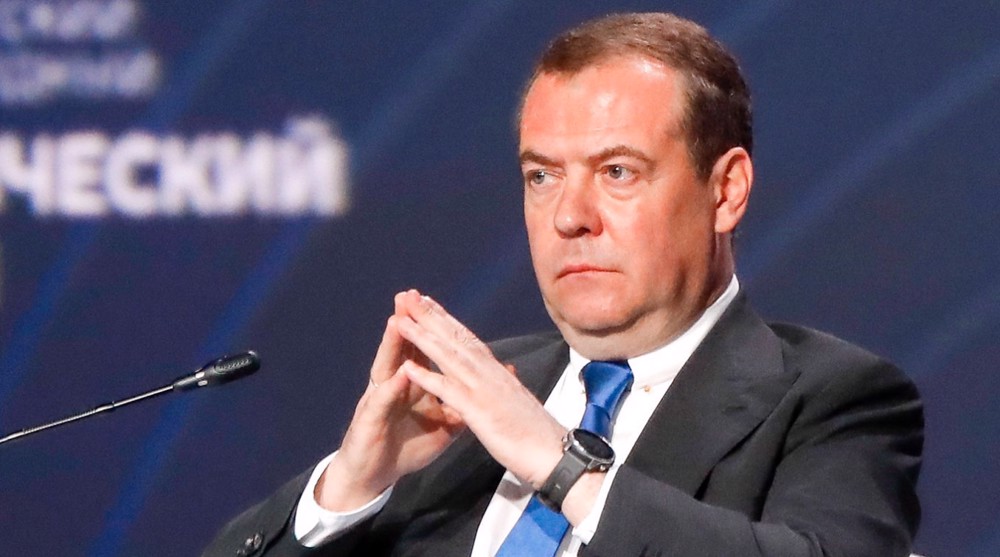
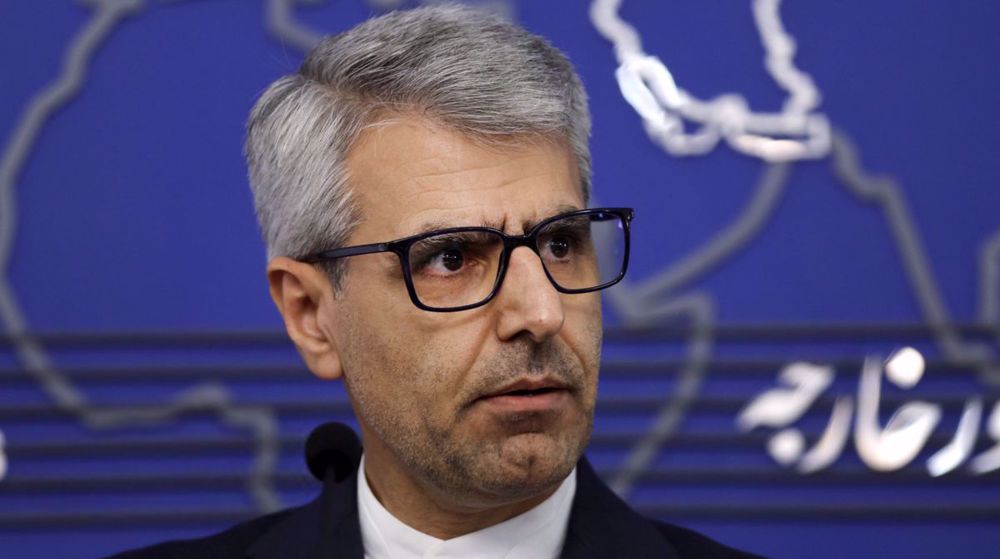
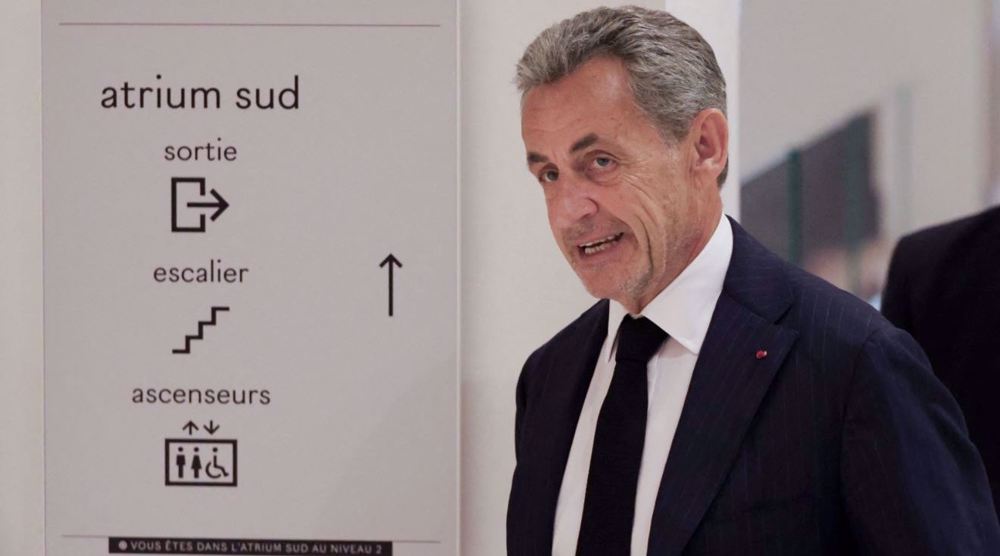




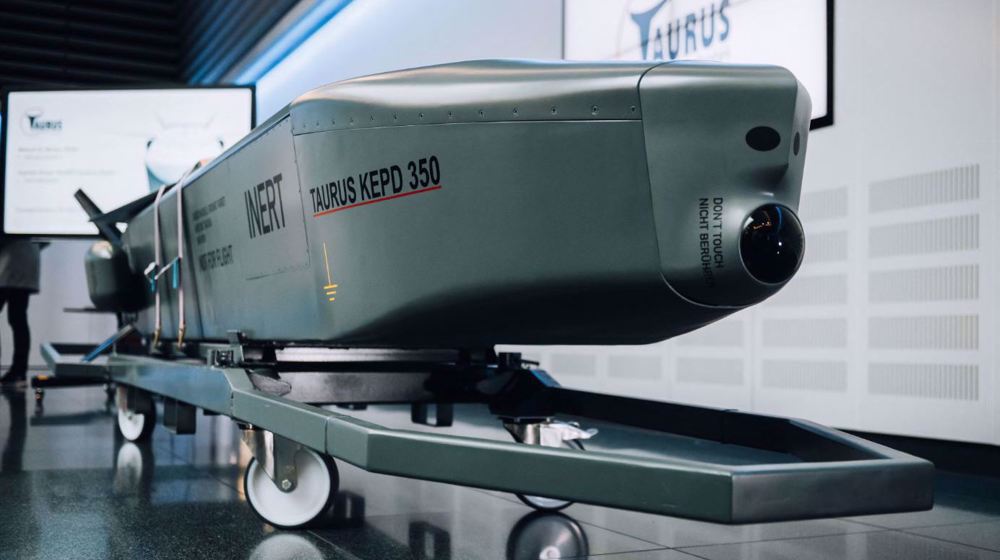
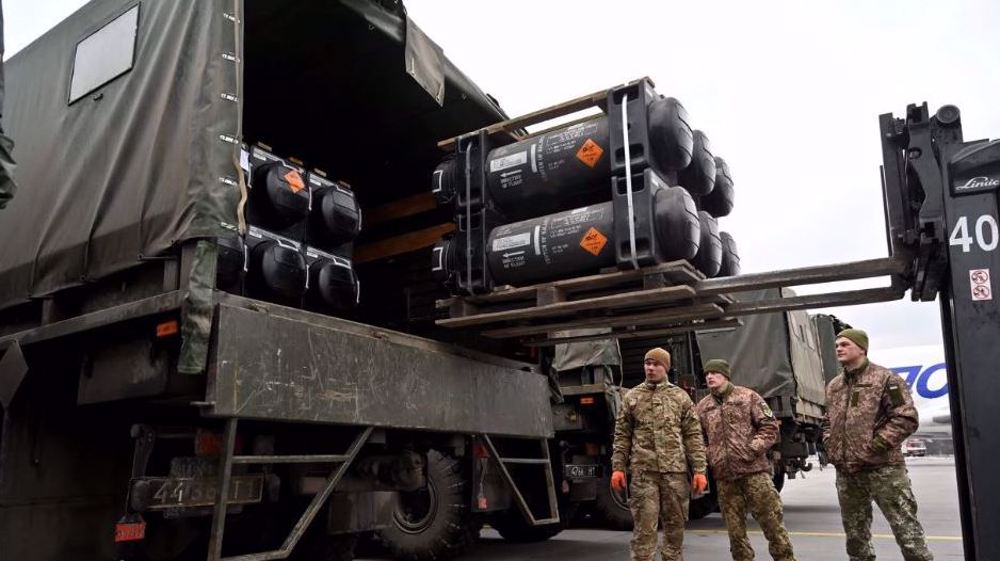
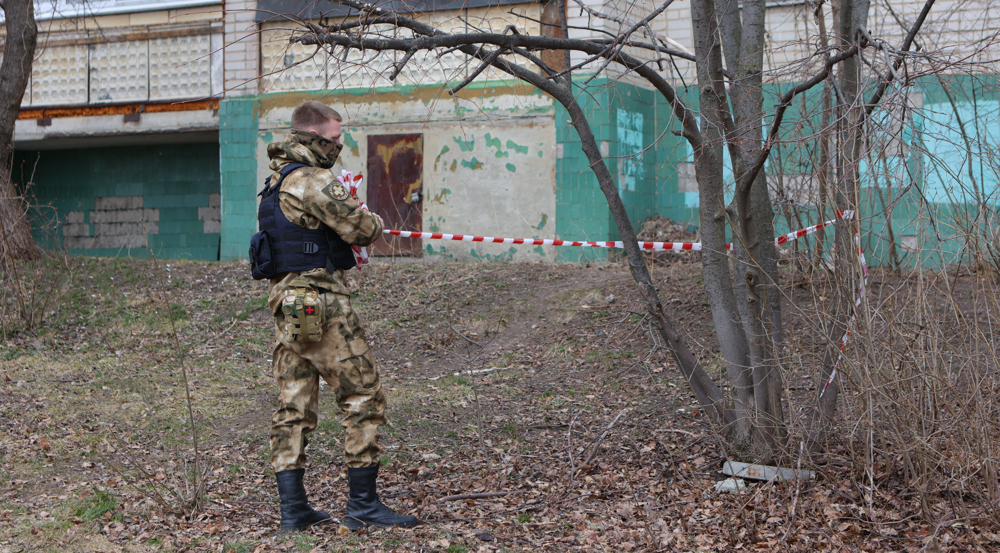
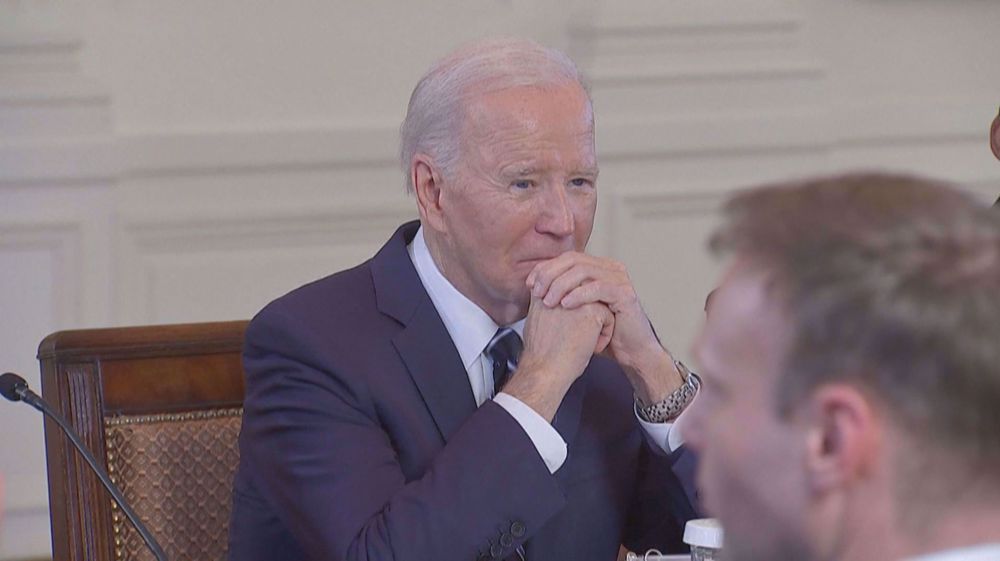
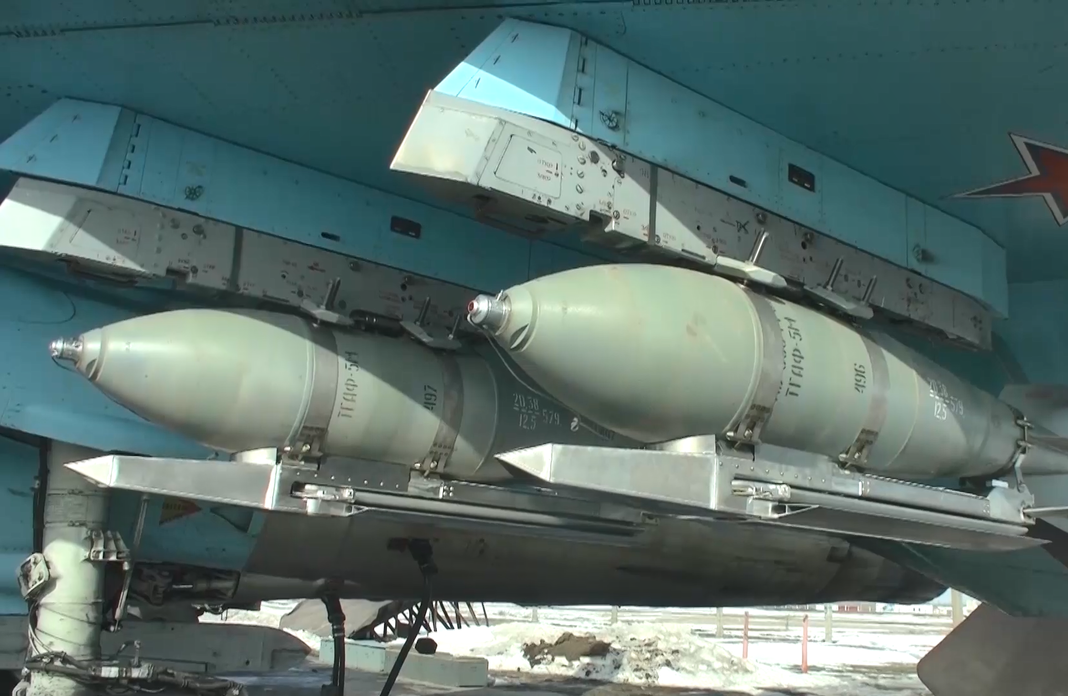
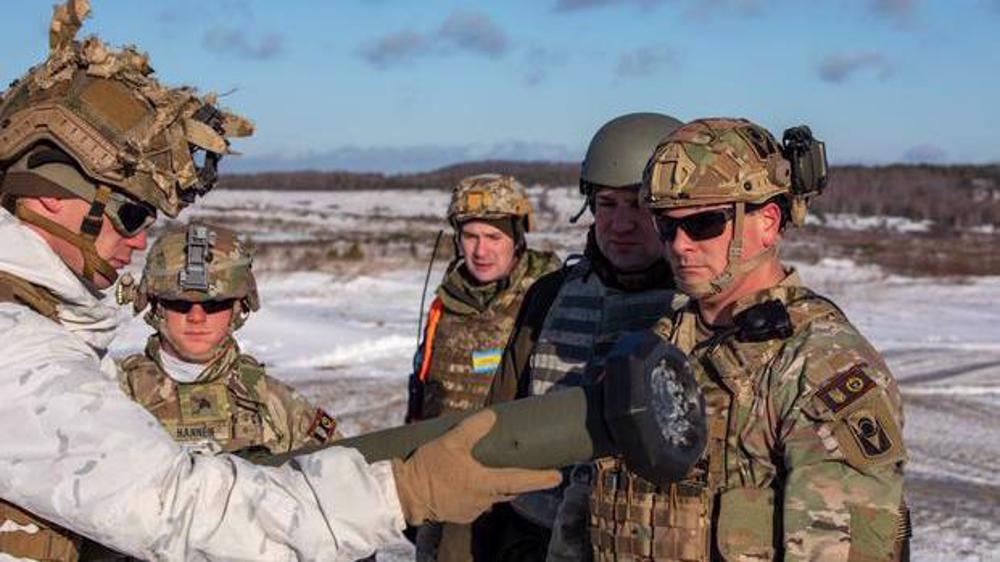
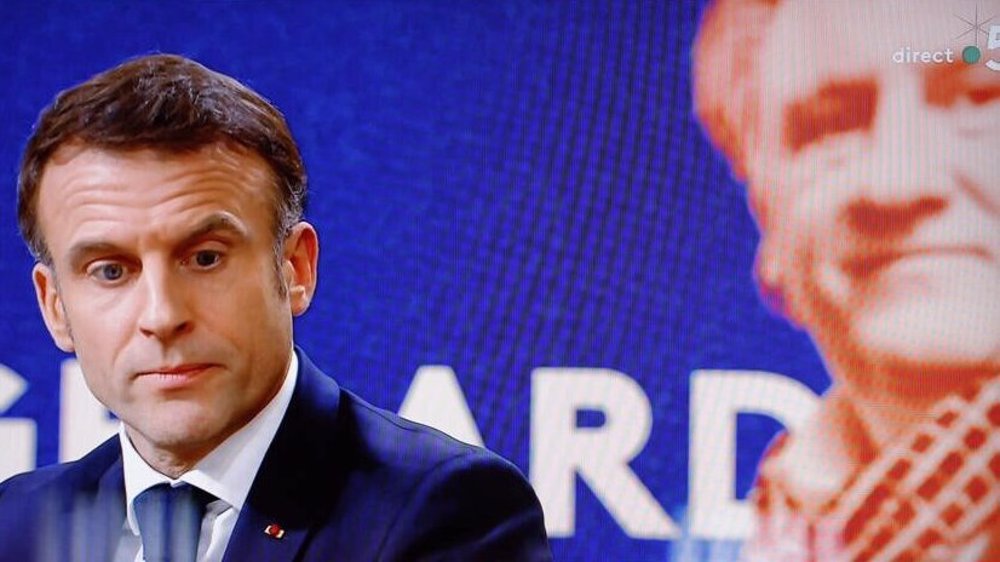
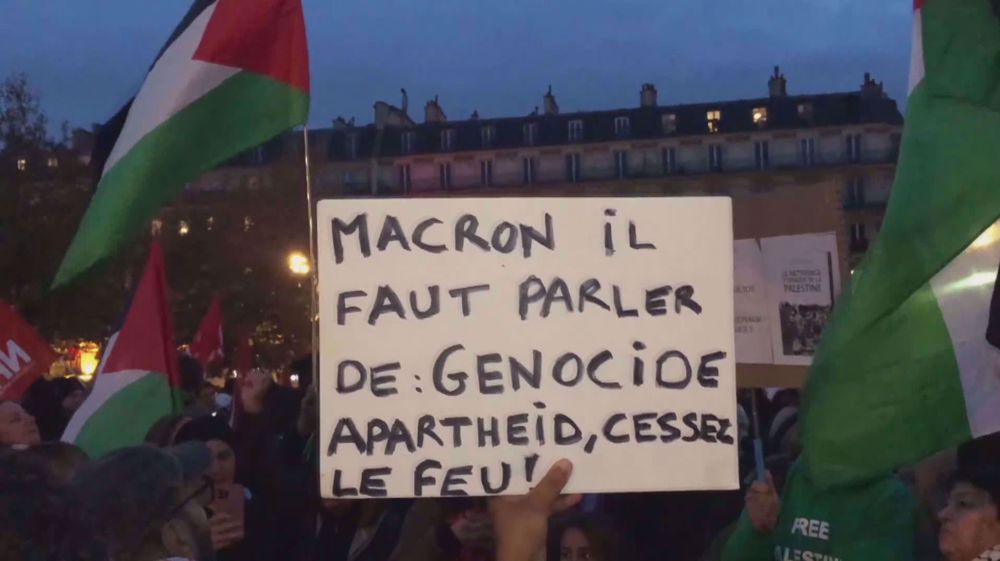
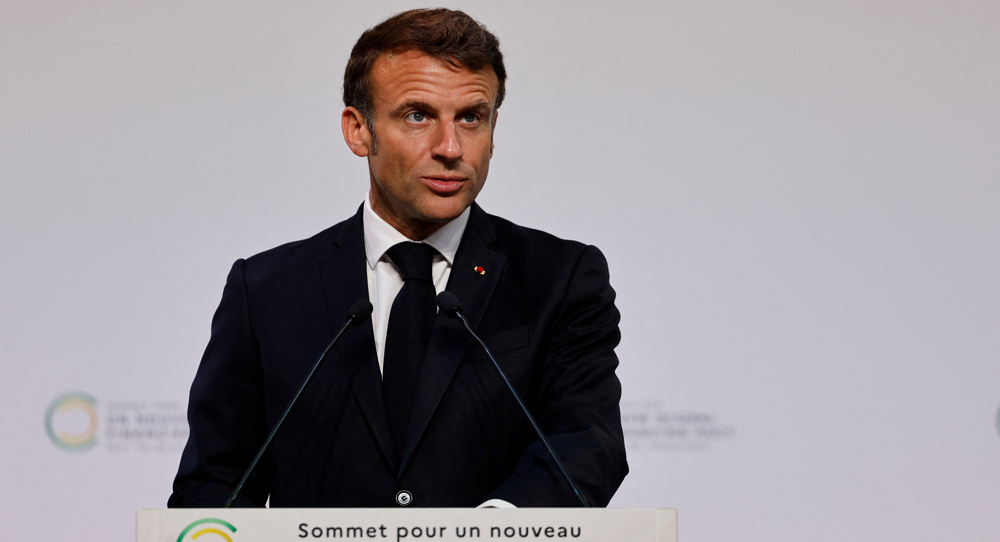

 This makes it easy to access the Press TV website
This makes it easy to access the Press TV website